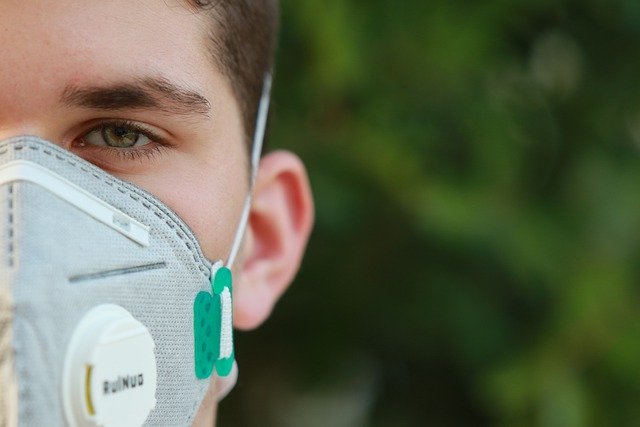One of the most obvious societal changes that the COVID- 19 pandemics has brought about is that it is now commonplace to wear masks in public places as it helps limit the spread of the epidemic. As many customers have mentioned, the use of a face mask is essential to prevent the spread of the second wave of COVID- 19. And since masks have become popular, it is interesting to think about how they affect our interactions with others and our general behaviors.

The human face plays an important role in our communication and interaction. We have developed dedicated brain regions for face recognition. So, blocking half of it will cause some disruption to the brain signals. We always see masks being used in situations that indicate a danger, such as when people handle hazardous materials or waste or investigate crime scenes. Television pictures show the criminals wearing masks. Even surgeons, dentists and nurses wear masks.
And the mask is sure to be a signal to stay more cautious and more alert to risks. The constant presence of threat signals in our environment has remarkable effects on our attention and thinking. This may lead to people becoming more anxious, less reactive, and slower to respond to what is happening around them, even if that matters because masks mean that part of our brain is always busy with caution.
On the other hand, seeing masks everywhere can make us feel safer and less anxious. It indicates a general state of awareness that things are under control and protection is present and the risk is being reduced.
Effect of wearing a mask regularly on communicating with others
One of the obvious concerns about wearing masks is their effect on communication. As mentioned, our faces play a big role in how we communicate, and masks undoubtedly mask them. This causes problems communicating with others.
- Having short conversations becomes more difficult.
- We could end up removing the mask to be able to communicate and reveal who we are, thus lacking self-control and anxiety over the spread of the epidemic.
- Negativity, because the inability to read facial expressions makes us more cautious and suspicious.
- Compensate for the inability to express through facial expressions by exaggerating their voice and body language and conveying emotions with more impulsive physical movements, larger gestures, and an increased focus on words.
Finally, humans are highly interactive beings and it will take more than a virus and masks to keep us from communicating.




![The Top & Most Popular Seafood Bucket Restaurants in Dubai for you [Never Miss]](https://uae24x7.com/wp-content/uploads/2020/09/8-seafood-in-a-bucket-scaled-e1600739237403.jpg)
![Procedures for Renewing the Driving License in Abu Dhabi [3 Simple Steps]](https://uae24x7.com/wp-content/uploads/2020/07/Capture-9-e1595666454466.jpg)





